Welcome the new members of NYU Tandon’s international board of directors
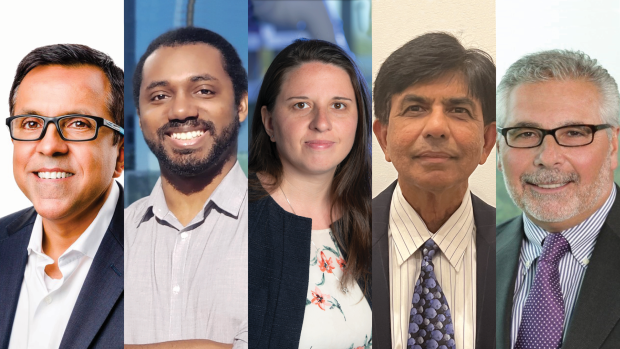
The Polytechnic Alumni Association (PAA) consists of more than 60,000 engineering alumni worldwide, and much of its governance falls under the auspices of a 15-member International Board of Directors, who are elected to three-year terms by their peers.
On September 1, 2022, several newly elected board members will be stepping into the role. Read more about them below.
Ravi Bhatia (’85, ’01)
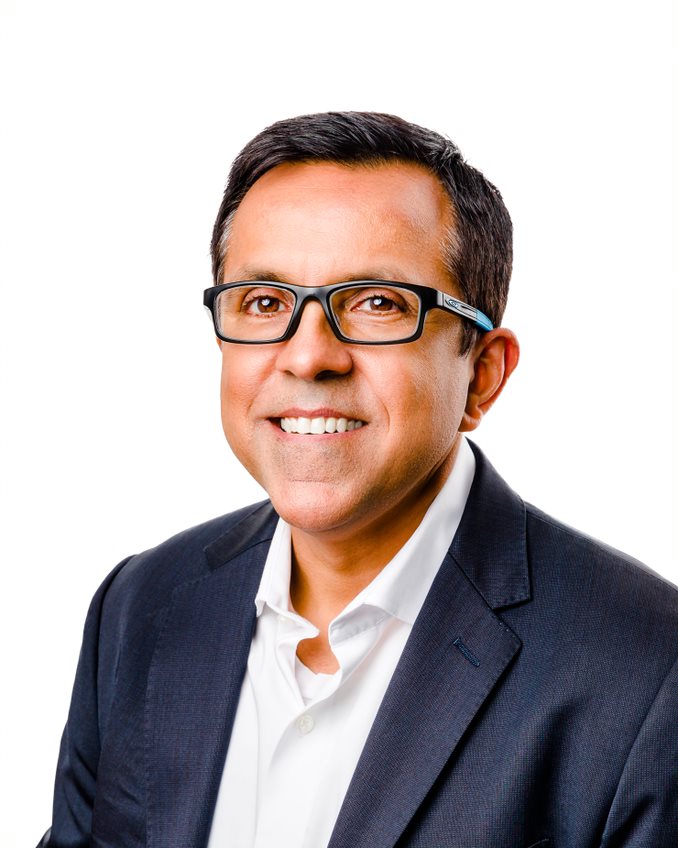
Can you tell us a little about your time at Tandon?
My father is a retired mechanical engineer, and he encouraged me to consider that as a major. I graduated with my bachelor’s degree in that field in 1985. What I consider the most important thing I learned was how to learn. In an era where anyone can simply Google anything, mere knowledge is not enough to distinguish you; you must know how to differentiate among sources, analyze information, and employ it effectively. I learned all those things at the School of Engineering and went on to earn an MBA from Hofstra University. Later, in 1999, right at the dawn of the Internet Age, I returned to earn an M.S. in Telecommunications & Information Management (in the Management of Technology Department at Poly).
Where has your professional journey taken you?
As a PE, I’ve worked in the various sectors of real estate development, electrical engineering, transportation systems, technology, critical systems, and design-build infrastructure, for a wide variety of multinational corporations, technology providers, private developers, contractors, start-ups, and public institutions. I’m currently working in business development management at the construction giant Skanska in New York City; as you can see, my path has been exciting and far from linear.
I also have extensive teaching experience, both at NYU, where I developed a graduate course in project management, and at Fordham.
I’ve developed a philosophy of leadership and project management that incorporates mindfulness and compassion, and I write a blog on that topic. I host a podcast, as well, “Project Leadership Guru with Ravi Bhatia,” which is available on Apple Podcast, Spotify, and Google Podcasts.
What do you hope to accomplish as a member of the International Board of Directors?
As board members, we’re very much invested in student success — that’s the major mission of a school, after all — so I hope to serve as a role model. Throughout my career, I’ve been willing to experiment and learn new things, and I’d like to help instill that mindset in students.
I want to present internship opportunities and other chances for professional development because considering the great pool of student talent here, that’s a win-win for any company. I also see the board members as ambassadors of sorts, spreading the word about all the incredible work being done at Tandon. I think, overall, this will be a compelling new experience for me.
Do you have any advice you think might be useful to current students?
I came to the U.S. from India as a seven-year-old, so I grew up with a foothold in two cultures. The one thing I realized early on is that America is synonymous with opportunity. It’s up to those of us who live here to define success; to me, it’s not something you just stumble upon — it’s something you bring to the table every day.
Richard Day (’15)
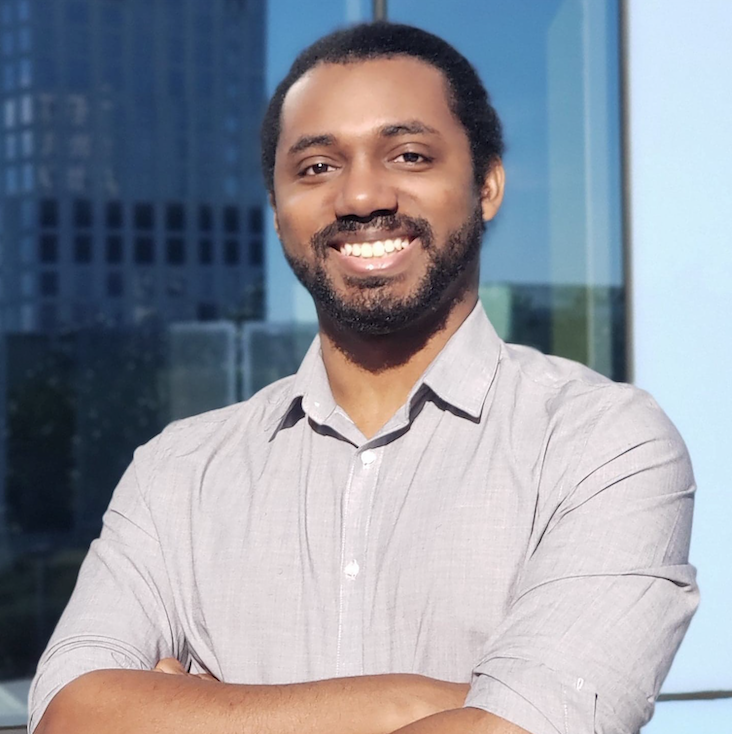
Can you tell us a little about your time at Tandon?
It would be an understatement to say that my time at Tandon was truly instrumental. Tandon had just started boosting its entrepreneurial support efforts when I was applying for college, and that is what specifically drew me to the school. Early in my time there I took advantage of several competitions and leveraged the new ecosystem as much as I could. Towards the end of my studies I met my two business partners, with whom I cofounded my first venture. But more importantly than that, many of the lessons I Iearned there — about centering the customer, solving a problem, and testing your assumptions as quickly as possible — on top of the perspectives I gained as an engineer, are things I use almost every day in all the work I do, from energy equity, to developing a board game, to supporting various community initiatives. Going to NYU Tandon wasn’t easy, but I would choose it again 11 out of 10 times.
Where has your professional journey taken you?
Most of my professional journey has taken me through the startup world, focusing on developing clean water and carbon utilization technologies leveraging nanotechnology. It unfortunately came to an abrupt stop with the pandemic, but that led to an opportunity where many of my passions collided. Now working at National Grid, I focus a lot on energy equity and how to make sure our strategies to combat climate change are rolled out equitably.
What do you hope to accomplish as a member of the International Board of Directors?
I think my goals for the next three years are similar to the last three: supporting a pipeline of students
from underserved communities into STEM, mentoring the current student population, promoting and
supporting current entrepreneurs, and enabling the next generation of entrepreneurs.
Do you have any advice you think might be useful to current students?
One of the biggest pieces of advice I always have for students is to leverage your resources. Tandon and
NYU as a whole have so many resources available; you are only throwing away money and opportunities
by not using them. It’s going to be the many things that you take advantage of outside of your classes
that will make the difference in accelerating your professional career.
Roopram Ramharack (’82)
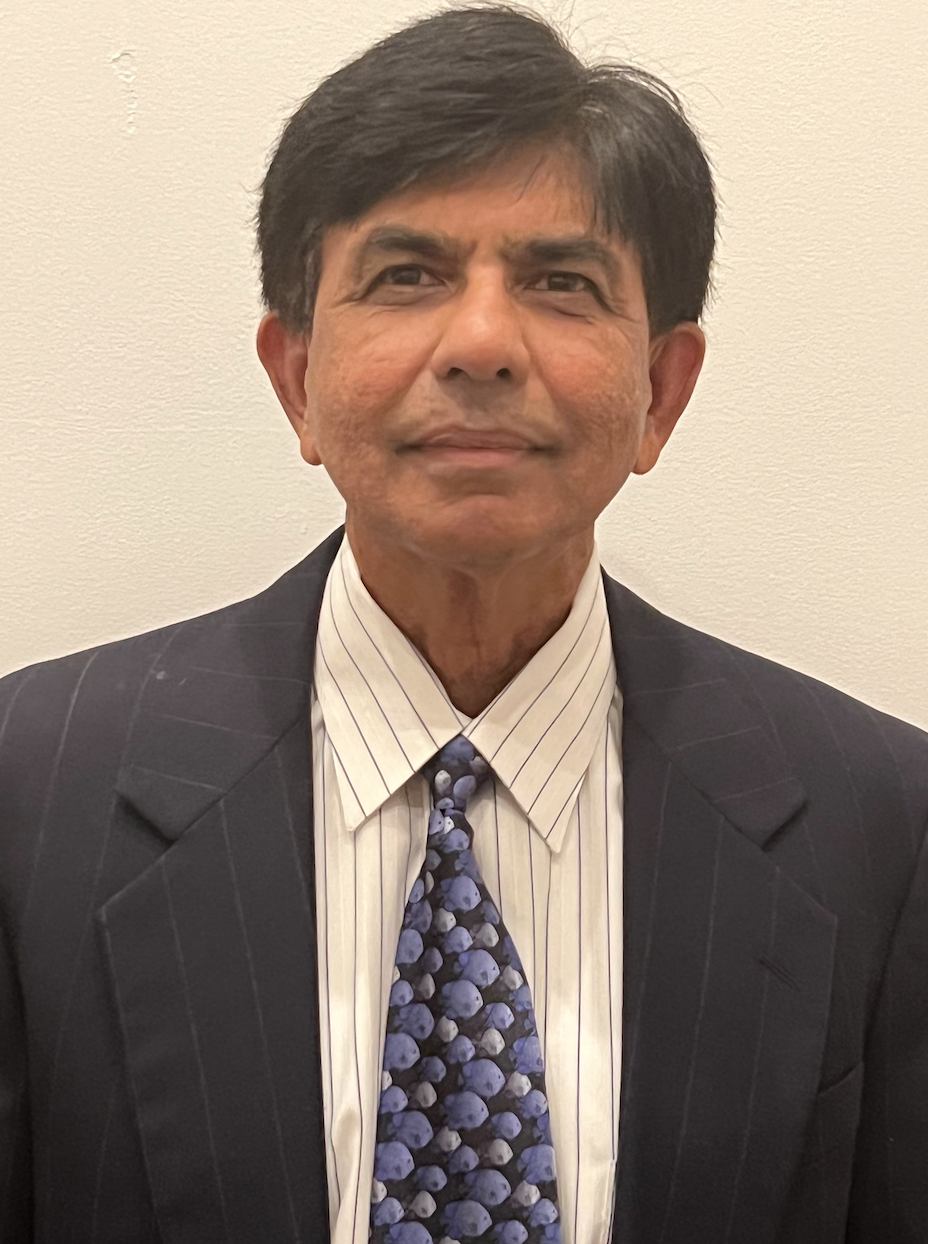
Can you tell us a little about your time at Tandon?
I studied Polymer Chemistry at a time when the school was considered an epicenter in the field and several industry giants were on the faculty. The lab I worked in was right down the hall from the office of Herman Mark, who is often called the “Father of Polymer Science.” I took seminars with him, and I studied with Eli Pearce, who directed the Polymer Research Institute that Mark had founded; his research is also considered seminal. Herbert Morawetz, another towering figure, taught some of my classes as well.
Despite their stature, the department was not an intimidating place. At Christmas, Professor Mark gave out bottles of Chivas Regal; large bottles for faculty members and small ones for graduate students.
Where has your professional journey taken you?
I got my first job with the help of Eli Pearce. That was at 3M, where I worked developing a new pressure-sensitive tape. I was in the same working group as Spencer Silver, the inventor of Post-it® Notes. That was a wonderful job, and I learned a lot there. I later took on executive roles at other companies, including tesa (Beiesdorf) and Adchem/Berry. One patented new technology I co-discovered is now changing the adhesive industry and making it greener and more sustainable. Then, after stepping down as President of Adhesive Applications, in Massachusetts, I began consulting for a variety of international firms; as we speak, I’m in Peru.
What do you hope to accomplish as a member of the International Board of Directors?
Simply put, I want to help the students forge rewarding careers, much like Eli Pearce did when he helped me get that first job at 3M. He was always just a phone call away when I needed guidance or advice, and I’d like to pay that forward.
Do you have any advice you think might be useful to current students?
I would tell them always to be open to learning; although I had earned my degree before arriving at 3M, the company served, in some ways, as another university, providing me with invaluable hands-on knowledge.
I’d also tell students to be willing to take a chance. I grew up in the Caribbean, but when I was offered the opportunity to work in Minnesota, where 3M is based, my wife and I loaded up winter clothes and set out on what we hoped would be an adventure — which it was!
Don Trotta (’88)
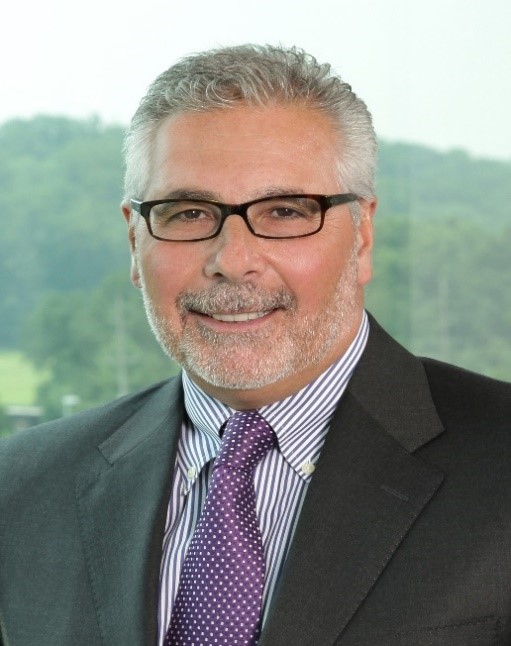
Can you tell us a little about your time at Tandon?
It was a very exciting time to be pursuing an M.S. degree in telecommunications technology. This was a time when the early stepping stones were being put in place for what now has become the digital world we live in today.
Looking back, I was very fortunate to be at an engineering school that had the vision to create a unique program that focused on where network technology was headed. It gave me the opportunity to build an exciting career in the emerging “networked “world just at the right time. It was the late 1980s, at a time before personal computers became ubiquitous and no one really knew what a fully networked world would look like. In that respect, the school was visionary; the program taught us to think not only about where technology was headed but what it would mean for the world and what impact it could have on business, the economy, and even society as a whole.
One of the best aspects of the program was that so many of my fellow students were working professionals from diverse backgrounds and industries including computer companies, telecom providers, financial services, government agencies, education, healthcare. We hailed from different places but what we all had in common was a sense that the emerging world of network technology was going to have a major impact on our fields and beyond.
Where has your professional journey taken you?
Thanks in large part to my education at Tandon, I’ve had the opportunity to enjoy a long and rewarding career with some of the world’s largest global financial services and technology organizations. And because networks and technology are global and don’t really have borders, thinking about the word “journey” in a literal sense, along the way my professional journey has taken me almost everywhere. Over the years I’ve been fortunate to have worked in places all around the world — South America, Africa, Europe, and Asia as well. It’s been a very enriching professional and personal opportunity to work in such a diverse set of cultures, collaborating with colleagues around the world on projects and building businesses together. It was a great learning experience that helped me grow both professionally and personally and something I value very much.
What do you hope to accomplish as a member of the International Board of Directors?
I’ve been thinking about this a lot and believe there’s an opportunity to connect NYU Tandon with several of the technology and financial services companies I’ve worked with. I’d like to explore how we might help create and foster joint programs whereby Tandon students can engage with some of these organizations and work on innovative technology projects that can benefit the students, Tandon, and the companies involved. I have some experience with examples of this kind of model and believe it would be an exciting opportunity for our students and perhaps even help raise up NYU Tandon Engineering’s profile in the technology and financial services industries. I’d like to focus a lot of my energy on that.
Do you have any advice you think might be useful to current students?
I would offer two things.
First, be sure to “stay curious”. The technology world is changing so quickly it’s important to always be asking “why not?” If you focus on finding new and innovative solutions, you’ll certainly have a lot of opportunities ahead to make a difference. So, challenge the status quo, because in the technology world if you’re just standing still, you’ll soon be moving backwards.
Second, I’d tell students to get involved with purpose-driven organizations whose values align with their own. There’s a growing trend for companies to “do well by doing good,” as the saying goes, and they’ll feel happy and proud working in organizations like that. I’ve experienced it myself while working on a number of financial-inclusion initiatives in the developing world; there’s nothing quite like the feeling you get when you’re working on something that helps improve life for others.
Iryna Zenyuk (’08)
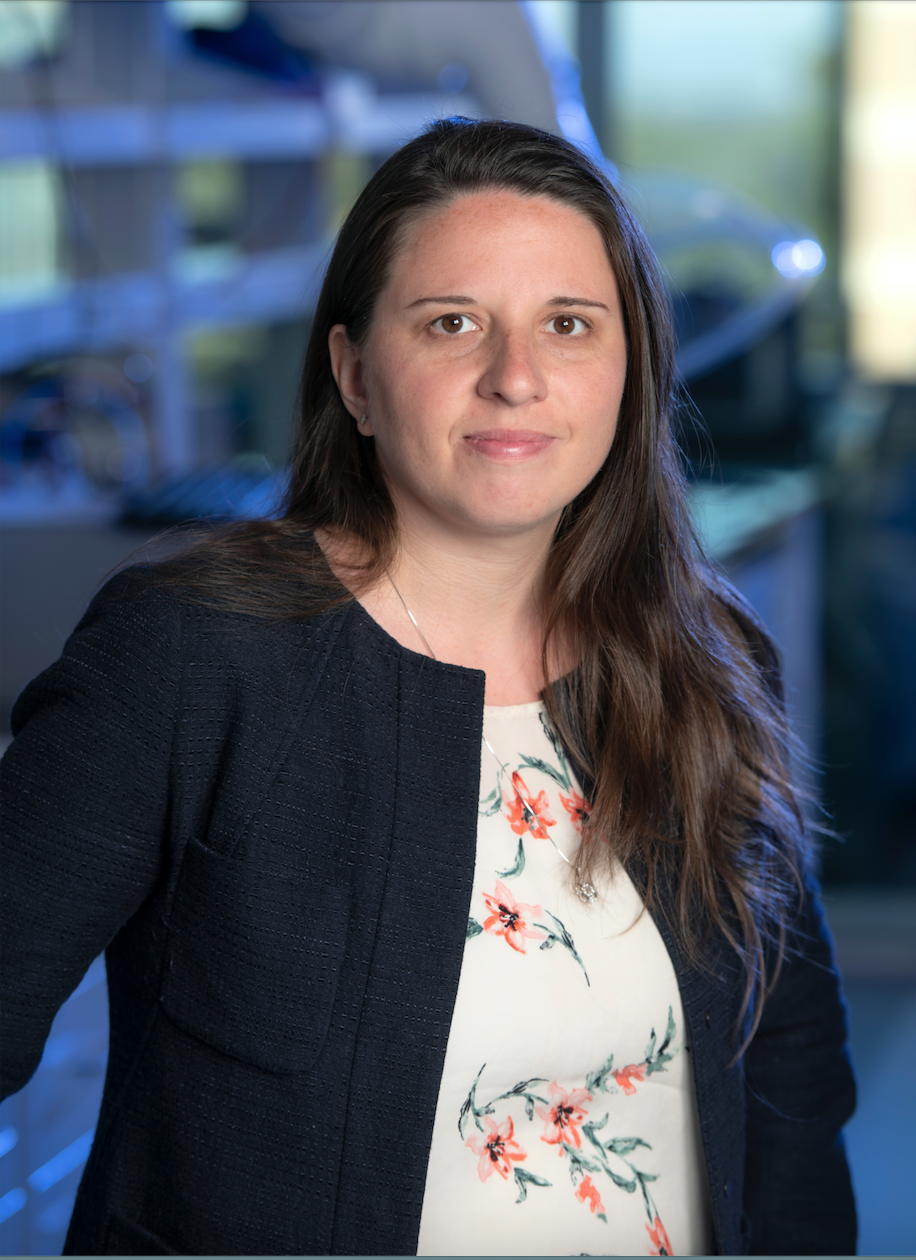
Can you tell us a little about your time at Tandon?
I came to the U.S. from Ukraine when I was 15. Once we were settled in, I enrolled at a Ukrainian high school, so attending Tandon after that provided not only an engineering education but a cultural one. I consider it one of the most fundamental experiences of my life.
Maurizio Porfiri, who is now an Institute Professor, had just joined the Department of Mechanical and Aerospace Engineering when I was a junior, and I took one of the first classes he ever taught here. I’ve always kept in touch with him, and now that I’m a researcher myself, we’re even collaborating on projects. He, Joo Kim and I are working to improve battery performance in robotics applications.
Where has your professional journey taken you?
Tandon had introduced me to research and honed my analytical skills, so I felt well-prepared for graduate school. I earned master’s and doctoral degrees in mechanical engineering from Carnegie Mellon University and decided to focus on renewable energy. I did my postdoctoral research at the Lawrence Berkeley National Laboratory, and after a few years of teaching and research at Tufts, I accepted my current post at the University of California, Irvine. I’m an Associate Professor of Chemical and Biomolecular Engineering, with joint appointments in the Department of Materials Science and Engineering and the Department of Mechanical and Aerospace Engineering. Additionally, I’m the Associate Director of the school’s National Fuel Cell Research Center.
What do you hope to accomplish as a member of the International Board of Directors?
I’m one of the only professors on the Board, so that informs how I see my role. I’d really like to leverage my experience to encourage other women to explore STEM and careers in academia. Another area of focus for me will be to start building a more robust alumni network in California, where I’m based, since outside of New York, California has the largest population of Tandon alumni in the U.S. Additionally, I’d like to forge more collaborations like the one I have with Maurizio Porfiri and Joo Kim. Sustainability and clean energy are already areas of strength for Tandon, and I’d like to contribute to that.
Do you have any advice you think might be useful to current students?
Students today are under so much pressure. The pandemic derailed many of their plans, and the current economy is not the best. Still, I tell the undergraduates I work with that they don’t have to decide right away what path they’ll be taking. They should be exploring various disciplines before committing to one. In a way, it’s every bit as valuable to learn what you don’t like as what you do like.
Photo credit: Steve Zylius, UCI


